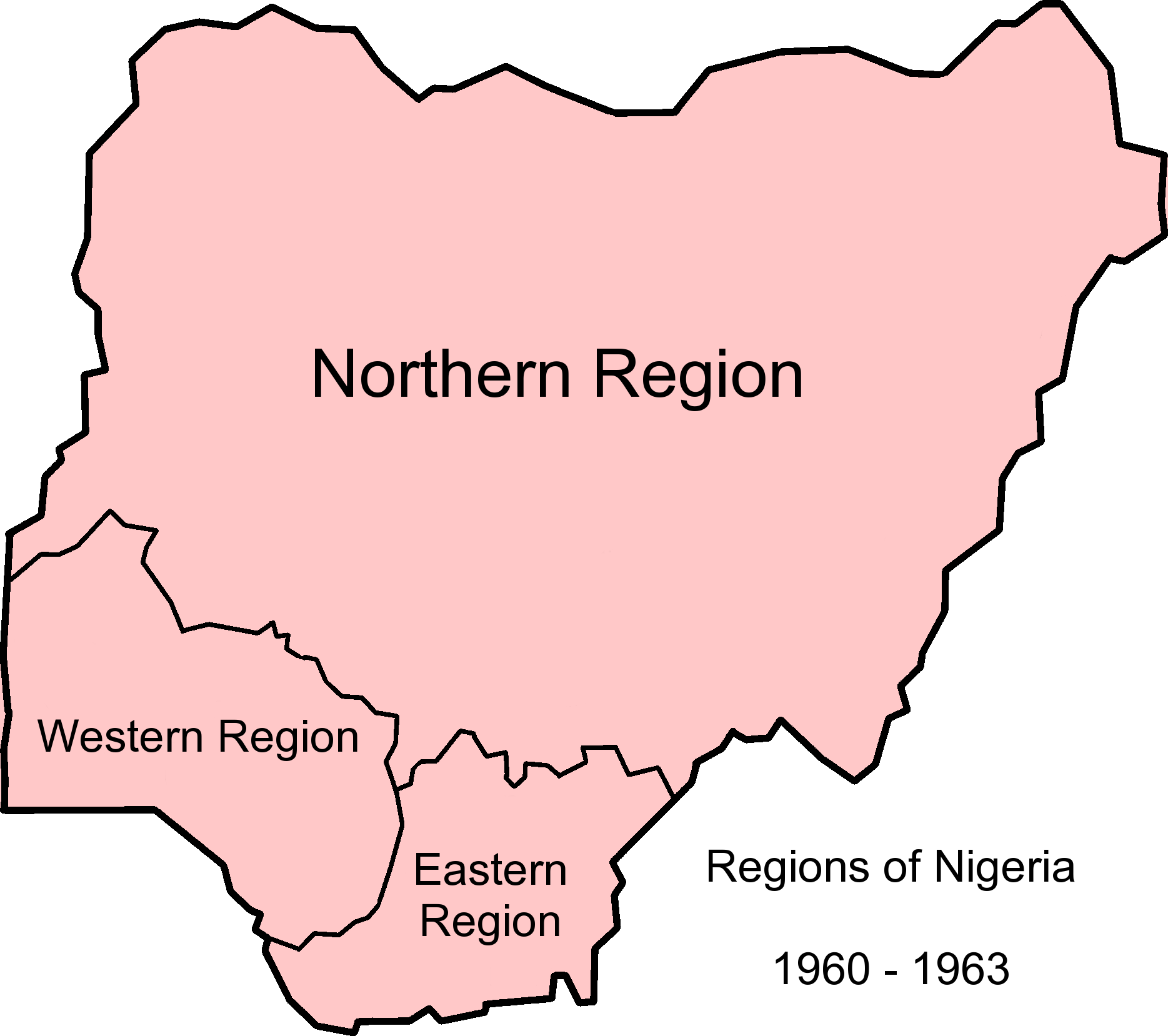World War II
In World War II, Nigeria was a common port for the United States to deliver munitions too, thus making Nigerian minerals and products more available to more. Nigeria was also used by Britain for troops. Nigerians fought against the Italians in Somalia and Ethiopia. 42,000 Nigerians were sent to fight in Burma. The war effort had economic effects for Nigeria but mostly a negative effect. Cost of living was high and there was famine. The racism from Britain caused the Nigerians war effort to be unrecognized. Winston Churchill said that all people have a right to self government, but it didn't include the colonies. When victory was almost there for the allies, the Nigerian governor proposed Constitutional changes. The Nigerian Governor wanted to take advantage, knowing that members of the allies, the U.S. and the Soviet Union, did not like colonial rule.
The Push for Independence
In 1922, Britain made a legislative council for Nigeria that gave little power to Nigeria. This move did little to satisfy the Nigerians. In the 1950s the colonial government gave Nigerian political regions much more power. This caused a struggle for negotiations in the regions. The governor of Nigeria from 1948-56, decided that Nigeria needed a democracy and would not be ruled under a dictatorship. The Lyttleton Constitution, in October 1954, said that the government of the different regions could choose when to become self-governing. The constitution split up Nigeria into, Northern, Eastern, and Western Nigeria. East and West Nigeria became self-governing in 1957, while the north became self-governing in 1959.
Independence
October 1, 1960, Nigerian became independent. Princess Alexandra, the cousin of the Queen, was the royal representative for the independence. For the first time in almost a century, Nigerians would be in control of their life. The government spent money on fireworks and street lighting for the celebration of Independence. Because of Nigeria's independence many other African states in colonial rule were also freed from the chains of Imperialism. Nnamdi Azikiwe, referred to as "Zik," was a leader in the Independence movement. Zik initially was the President of the Nigerian Senate. When Nigeria gained Independence, he became Governor-General, and would stay at that position till 1963, when Nigeria became a republic. In 1963 Zik became President. Religious, ethnic, and regional differences will hurt Nigeria the most. In the next section you will read about how these differences plagued Nigeria and forced the newly independent nation into a Civil War.
Map of Nigeria
File:Nigeria 1960-1963.Png, 9 Dec. 2010, commons.wikimedia.org/wiki/File:Nigeria_1960-1963.png. 